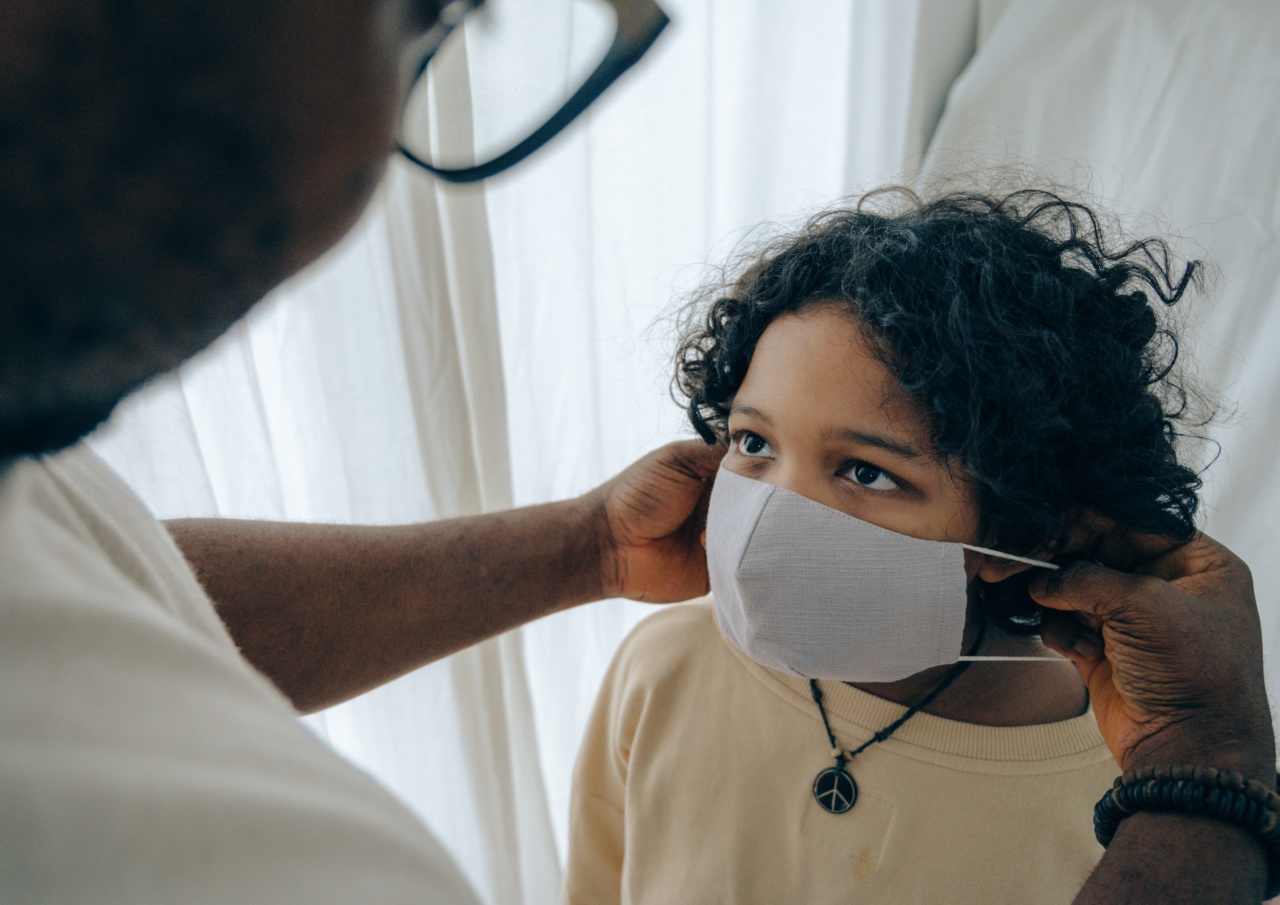When a child falls ill with a virus, it can be a challenging time for both the child and the parents. As a parent, it is natural to want to do everything possible to help your child recover quickly and comfortably.
In this article, we will discuss some effective strategies and tips to help your child recover from a virus.
1. Support Their Immune System
One of the most important ways to help your child recover from a virus is to support their immune system. A strong immune system can fight off the infection more effectively, leading to a faster recovery.
Here are some ways to support your child’s immune system:.
– Ensure they get enough sleep: A well-rested body can focus on fighting off the virus more efficiently.
– Provide a balanced diet: Make sure your child is getting all the essential nutrients through a diet rich in fruits, vegetables, lean proteins, and whole grains.
– Encourage physical activity: Regular exercise helps boost the immune system and keeps your child’s body strong.
2. Manage Their Symptoms
Viral infections often come with a range of uncomfortable symptoms. Here are some ways to help manage your child’s symptoms:.
– Provide plenty of fluids: Encourage your child to drink water, herbal tea, or clear soups to stay hydrated and relieve symptoms like throat soreness and dry cough.
– Offer warm baths or showers: Steam from warm baths or showers can help relieve congestion and ease breathing difficulties.
– Use over-the-counter medications cautiously: Consult your child’s pediatrician before giving any over-the-counter medications to ensure it is safe and appropriate for their age and condition.
3. Promote Rest and Comfort
Rest is crucial for your child’s recovery. Here are some ways to promote rest and comfort:.
– Create a cozy environment: Make their bedroom a comfortable and soothing space to promote sleep and relaxation.
– Stick to a regular sleep routine: Maintain consistent bedtimes to facilitate adequate rest for your child.
– Offer comfort measures: Provide extra pillows, blankets, and stuffed animals for added comfort during sleep or rest periods.
4. Encourage Proper Hand Hygiene
Proper hand hygiene is crucial to prevent the spread of the virus and protect others. Teach your child the importance of washing their hands:.
– Show them how to wash hands thoroughly with soap and water for at least 20 seconds.
– Encourage them to wash their hands before and after meals, after using the restroom, and after coughing or sneezing.
– If soap and water are not available, provide them with an alcohol-based hand sanitizer.
5. Keep Them Comfortable
Making your child comfortable during their illness can help them cope better and recover faster:.
– Dress them in loose-fitting, breathable clothing.
– Ensure the room temperature is comfortable and well-ventilated.
– Offer their favorite comforting foods, such as warm soup or soothing beverages.
6. Provide Emotional Support
Being unwell can be distressing for a child. Offer emotional support and reassurance:.
– Listen to their concerns and provide age-appropriate explanations about their illness.
– Engage in activities they enjoy, such as reading stories or playing quiet games together.
– Offer praise and encouragement for taking necessary steps to recover.
7. Consult a Healthcare Professional
If your child’s symptoms worsen, persist for an extended period, or you have any concerns, it is essential to consult a healthcare professional. They can provide proper diagnosis, advice, and appropriate treatment if necessary.
8. Avoid Exposure to Other Illnesses
To prevent complications and promote a speedy recovery, it is crucial to avoid additional exposure to illnesses:.
– Limit your child’s contact with individuals who are ill or recovering from an illness.
– Teach proper respiratory hygiene, such as covering the mouth and nose with a tissue or elbow when coughing or sneezing.
– Discourage sharing personal items, such as cups, utensils, or towels, to minimize the spread of germs.
9. Follow Medical Advice
If your child is prescribed any medication or treatment by a healthcare professional, make sure to follow their advice strictly. Give the medications as directed and complete the entire course of treatment.
10. Focus on a Healthy Lifestyle
Lastly, even after your child recovers, it is essential to focus on maintaining a healthy lifestyle to prevent future illnesses:.
– Encourage regular physical activity to strengthen the immune system and overall well-being.
– Continue to provide a balanced and nutritious diet to support optimal health.
– Maintain proper hygiene practices to prevent the spread of infections.
By following these tips and strategies, you can effectively help your child recover from a virus and ensure their overall well-being.
Remember, each child is different, so it’s essential to adapt these suggestions to your child’s individual needs and consult a healthcare professional if necessary.































